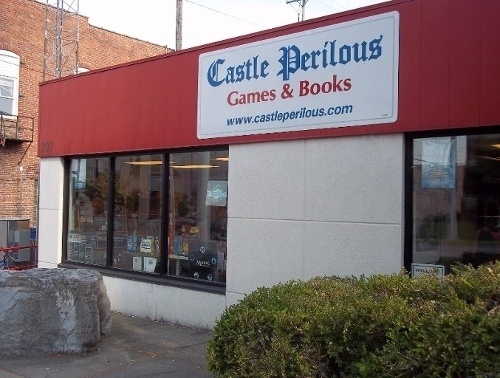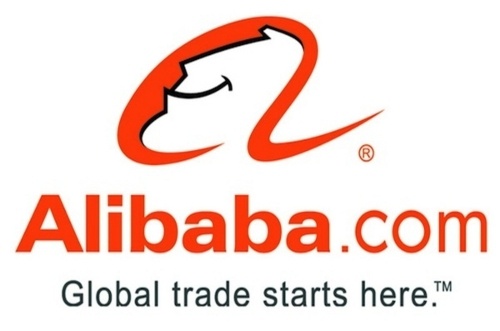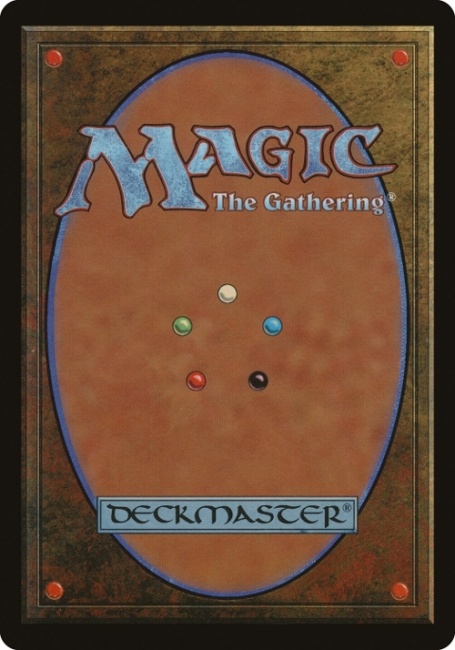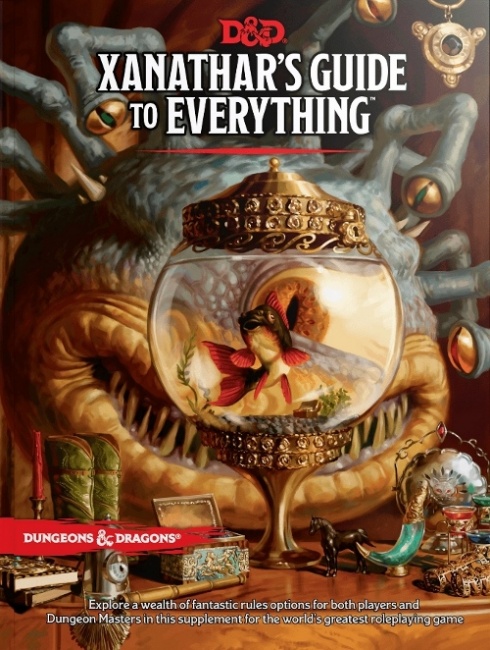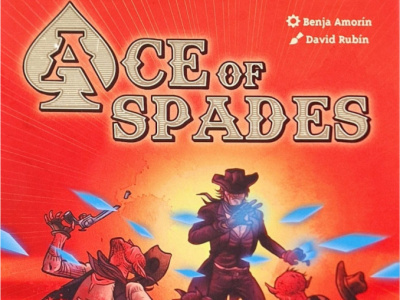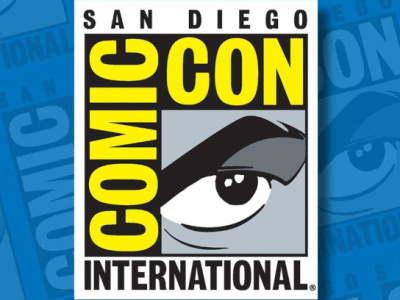Rolling for Initiative is a weekly column by Scott Thorne, PhD, owner of Castle Perilous Games & Books in Carbondale, Illinois and instructor in marketing at Southeast Missouri State University. This week, Thorne looks at the issues raised by counterfeit games.
The problem of counterfeiting in the tabletop gaming industry is hitting a tipping point, at least if the number of reads this interview with executives at Asmodee NA received is any indication. It remained on the top of ICV2’s Top Stories list for most of the past week and was still hanging in there going into the weekend.
Counterfeiting boardgames is a comparatively recent phenomena, made possible by 2 factors: 1) the explosive growth in popularity of boardgames over the past decade, and 2) ease of access to Chinese manufacturing capabilities. It used to take quite a bit of effort and investment to manufacture a board game, which is why the industry did not see 80+ new boardgames a month in the early part of this century. Today, almost anyone can set up an account on a sourcing website such as Alibaba and, with a little effort, create their own board or card game or even buy knockoff versions of assorted games for resale cheaply in this country. At the peak of Cards Against Humanity’s popularity, it was fairly easy to find unlicensed versions of the game on Amazon or eBay and to contract to purchase or get unlicensed sets of the game made and then resell them.
Modern technology also allows criminals to make fakes of items profitably that they would not have touched in past years. Case in point, American bills. The risk associated with counterfeiting American currency meant that only high value bills, such as $50s and $100s were worth the trouble. Today the quality of printers available to even the casual criminal means that $10s and $20s can be faked profitably. My community gets hit with a spate of fake $10s and $20s two or three times a year and, according to my bank, some local convenience and dollar stores have them passed there on a weekly basis.
Of course, trading card games have suffered from this problem for years, almost from their inception. Counterfeiting of TCGs, though, has never been viewed as a huge problem for the industry as they generally hurt aftermarket sellers dealing in single cards. Aftermarket sales are the focus of retailers, not publishers, and, while no retailer wants to get caught buying or selling a fake card, they are common enough that even savvy retailers can get caught on occasion. However, because of the relatively low price point of a booster pack of Magic: The Gathering or Pokemon, counterfeiting something that would sell for $3.99 is just not cost effective, whereas faking a card that regularly sells for $50 to $100 certainly is.
Physical RPGs are too niche of a market to make forging copies of them profitable. There has to be pretty high demand for an item before it attracts the attention of forgers and, with the notable exception of Xanathar’s Guide to Everything, RPG materials just haven’t generated the sales to justify it. However, PDFs are another matter. Almost everything that has been published as a PDF, and many things that haven’t, has illegal copies posted up somewhere on the internet.
The problem, of course, with pirating and counterfeiting, is that doing so takes money away from the creator/publisher, making their work less profitable and making it harder for them to make money, which means it is harder, especially for small publishers, to remain doing what they love to do.
The opinions expressed in this column are solely those of the writer, and do not necessarily reflect the views of the editorial staff of ICv2.com.
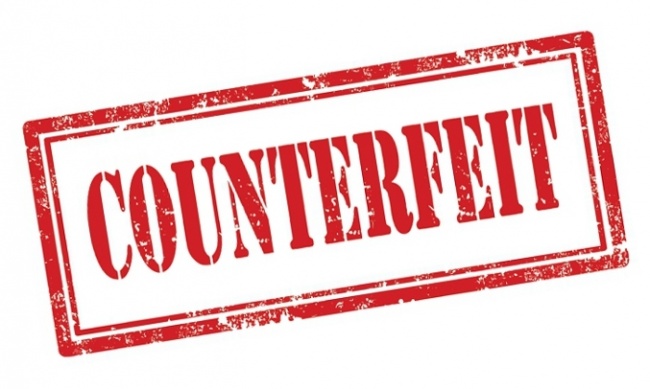
Column by Scott Thorne
Posted by Scott Thorne on January 15, 2018 @ 1:21 am CT
MORE GAMES
Column by Scott Thorne
August 11, 2025
This week, columnist Scott Thorne notes a new twist in the Diamond Comic Distributors saga and shares his thoughts on the Gen Con releases that will make the biggest impacts.
Due to 'Inappropriate Illustrations'
August 11, 2025
Devir Games is recalling its recently released game Ace of Spades, which it acknowledges included "inappropriate illustrations, texts, and card effects."
MORE COLUMNS
Column by Jeffrey Dohm-Sanchez
August 7, 2025
ICv2 Managing Editor Jeffrey Dohm-Sanchez lays out the hotness of Gen Con 2025.
Column by Rob Salkowitz
August 5, 2025
In this week's column by Rob Salkowitz, he looks at the industry's biggest show, held in the midst of some existential issues.



